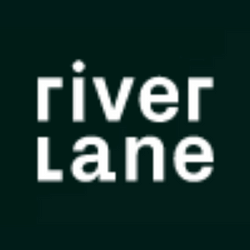Quantum computers have the potential to scale up computing power considerably. This would allow algorithm and app developers to accelerate their research by making collaboration easier and reduce down-time in labs. Such a leap would drive innovation in a range of industries such as pharmaceutical, materials and energy.
However, the problem of how hardware and software interact while enabling the best possible performance of a quantum computer has been slowing down this development. In 2020, Riverlane, a University of Cambridge spin-out, released Deltaflow.OS. Deltaflow gives software developers access to all types of quantum computers at a high performance level. It provides a shared language for applications and quantum hardware development.
Riverlane’s rapid progress has helped it raise over £14 million in Series A funding and the first contract to supply quantum software to the UK’s National Quantum Computing Centre.
Dr Leonie Mueck joined Riverlane in 2019 and is its Chief Product Officer, responsible for product strategy and delivery.

Leonie joined the Scale Up Accelerator programme in 2021 and is looking to further develop her communication skills. She says: “In addition, I want to improve my knowledge of good delivery practices, especially when it comes to growing a product and engineering organisation quickly.”
Riverlane’s mission is to build a quantum operating system that is high performance, portable across all qubit technologies and scalable to millions of qubits. The company already collaborates with 30% of the world’s quantum hardware companies with Deltaflow.OS. It is now looking to increase this and exponentially speed up computations in areas like drug discovery and new battery technologies.
Associated Programme

